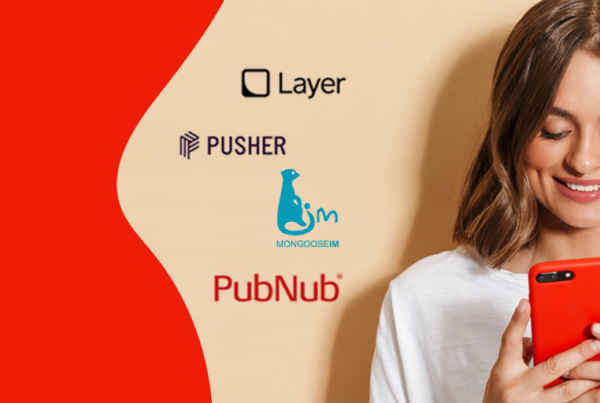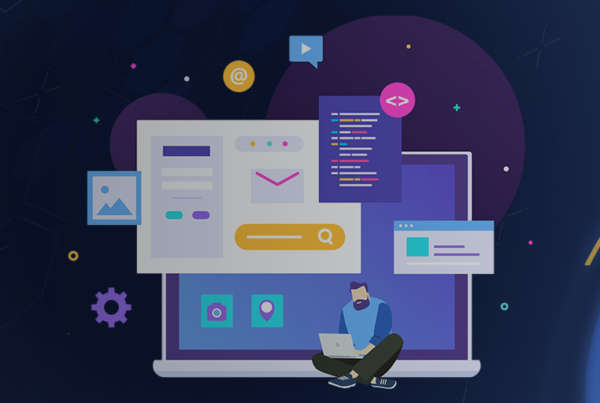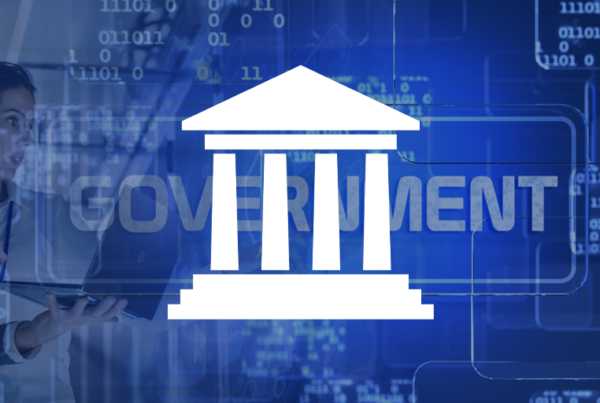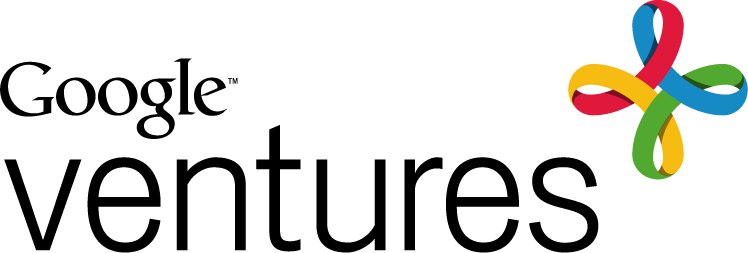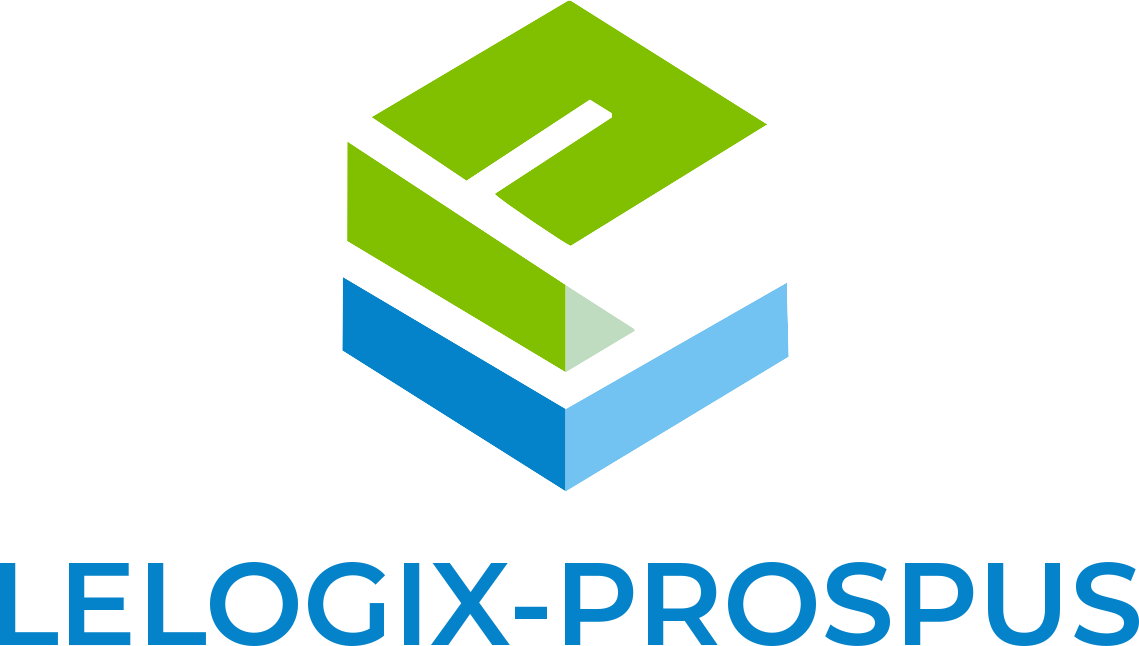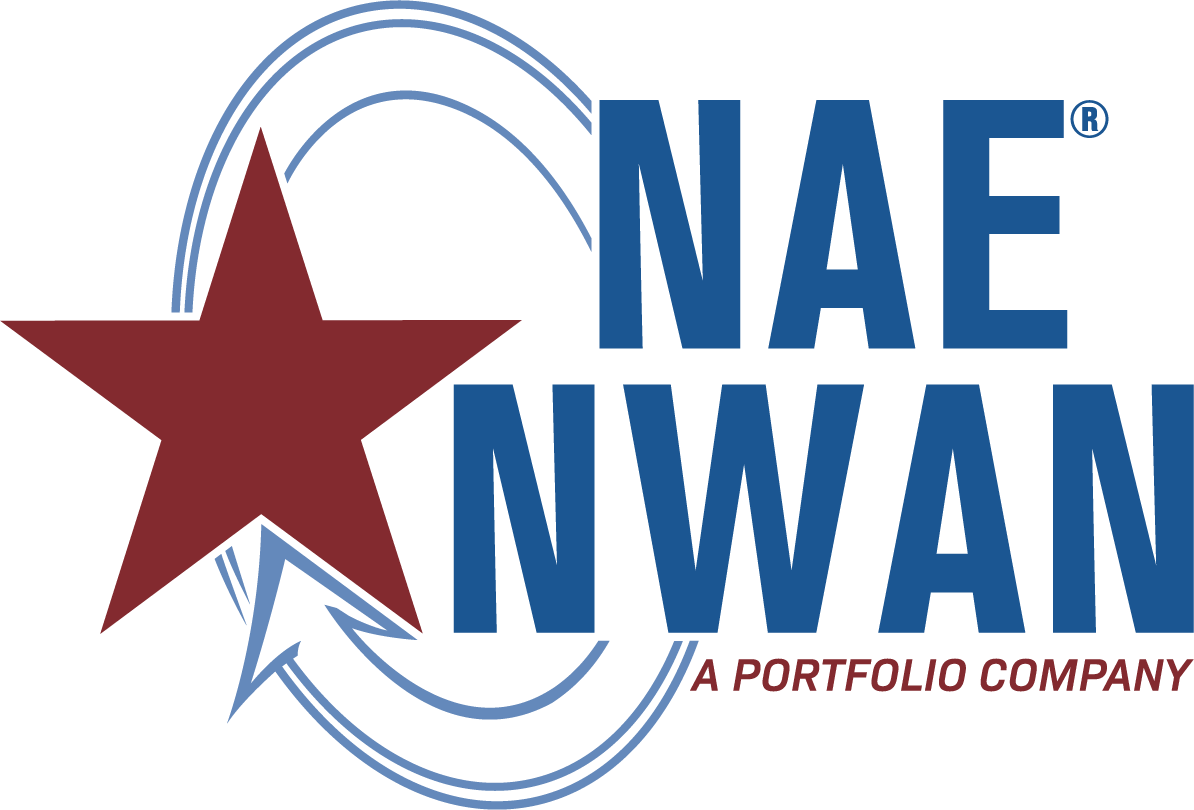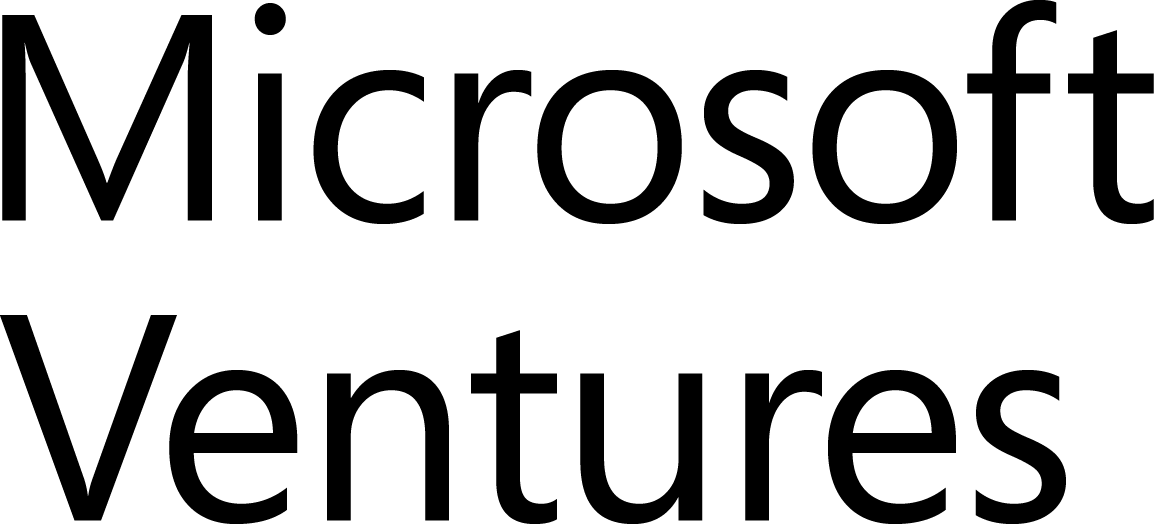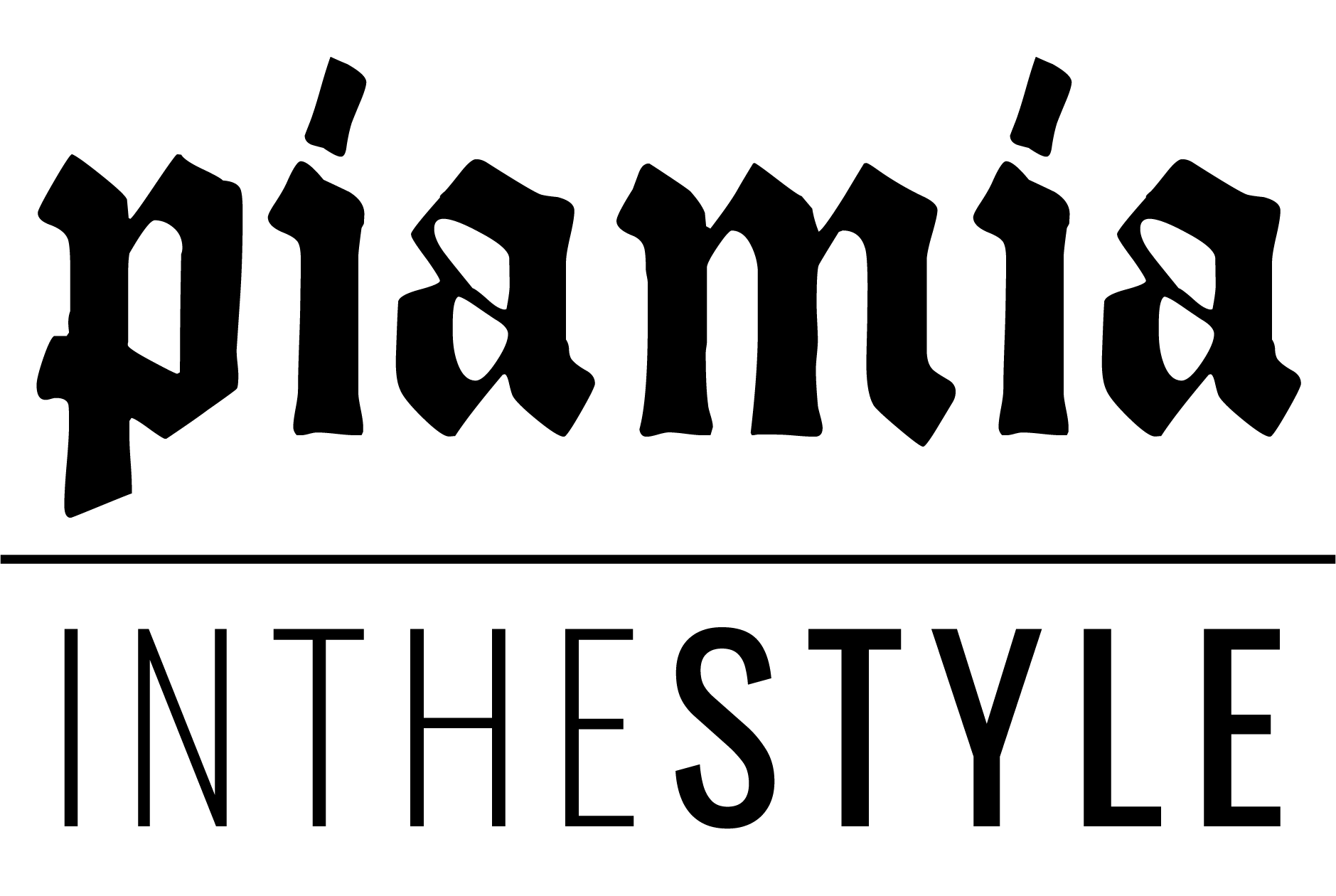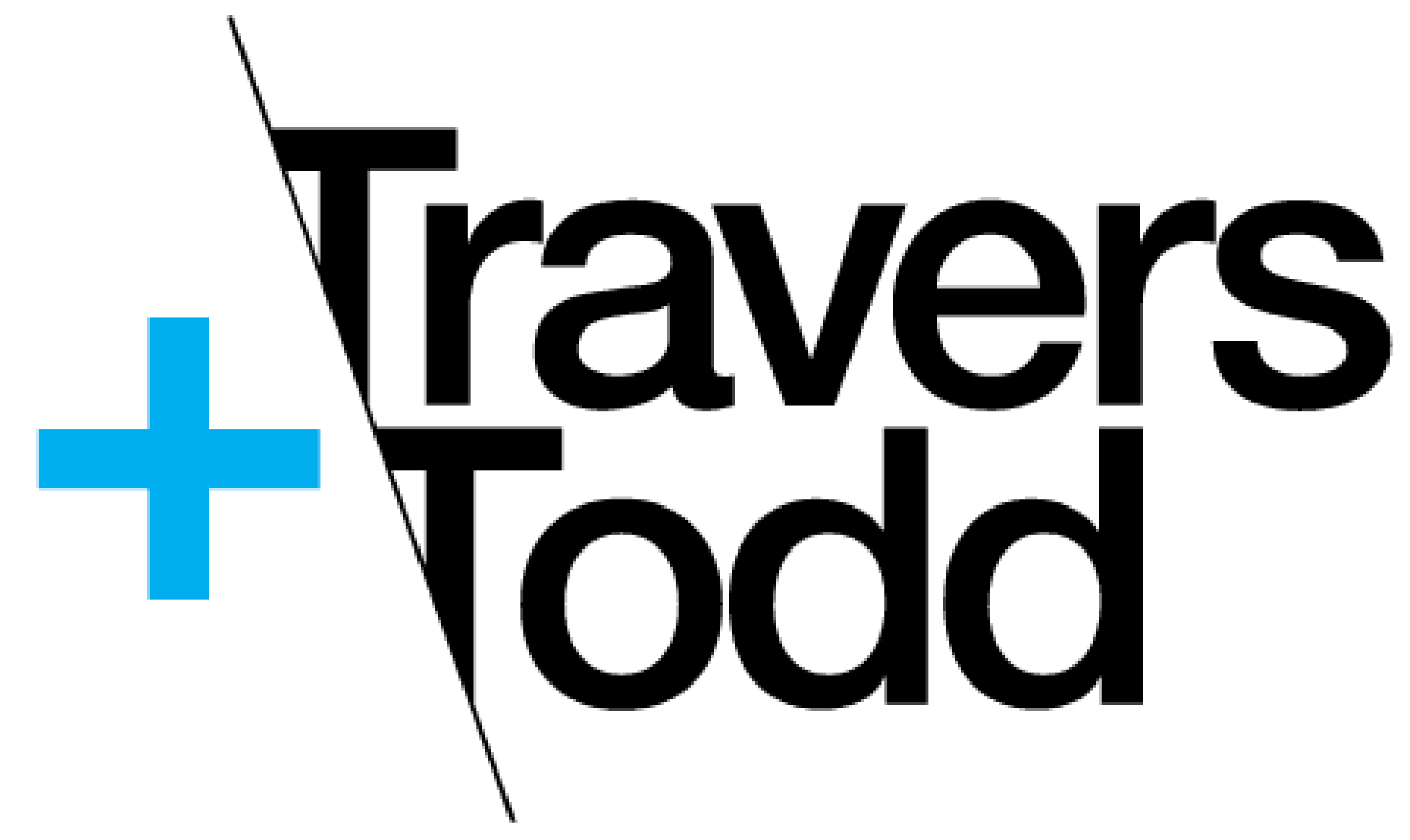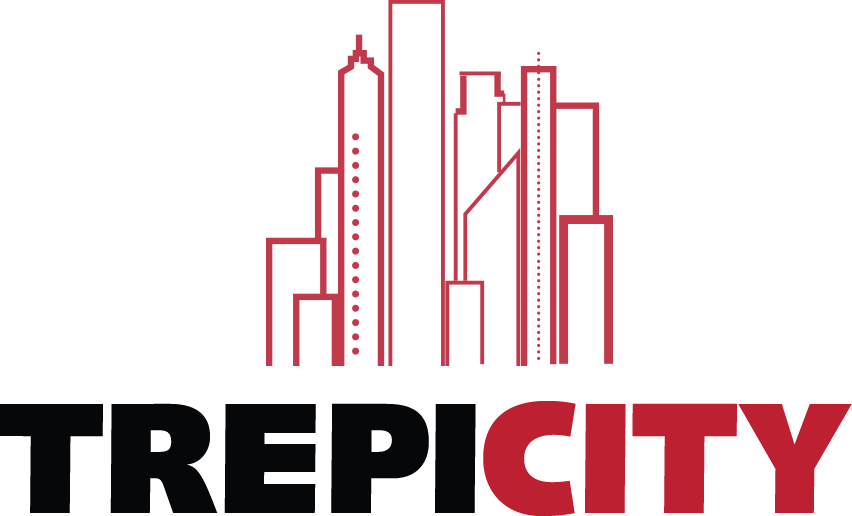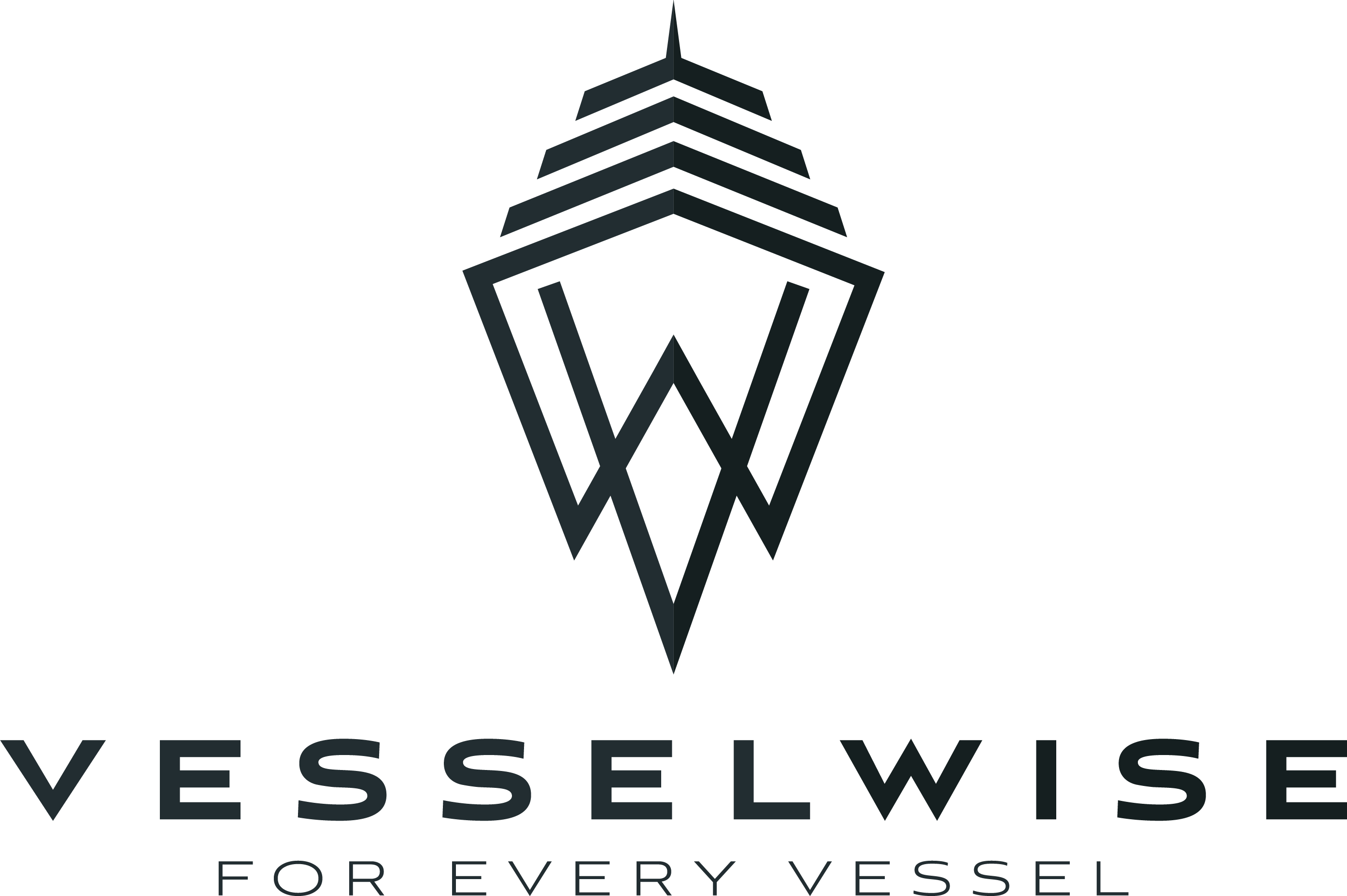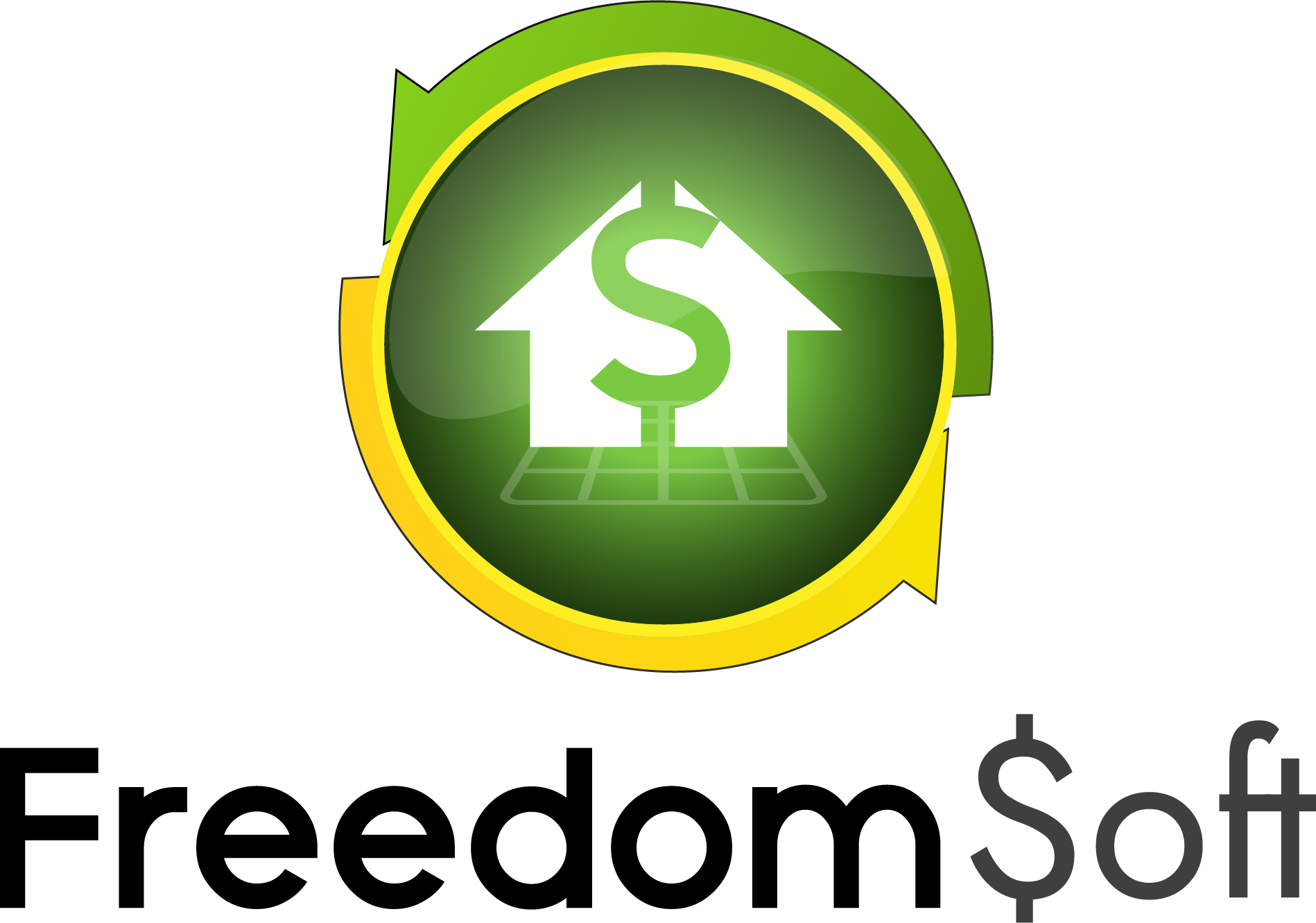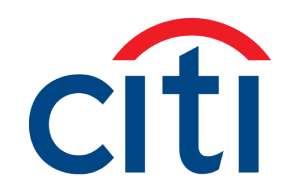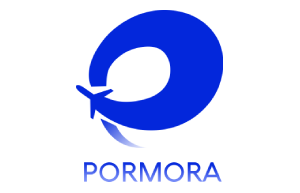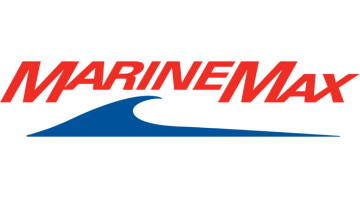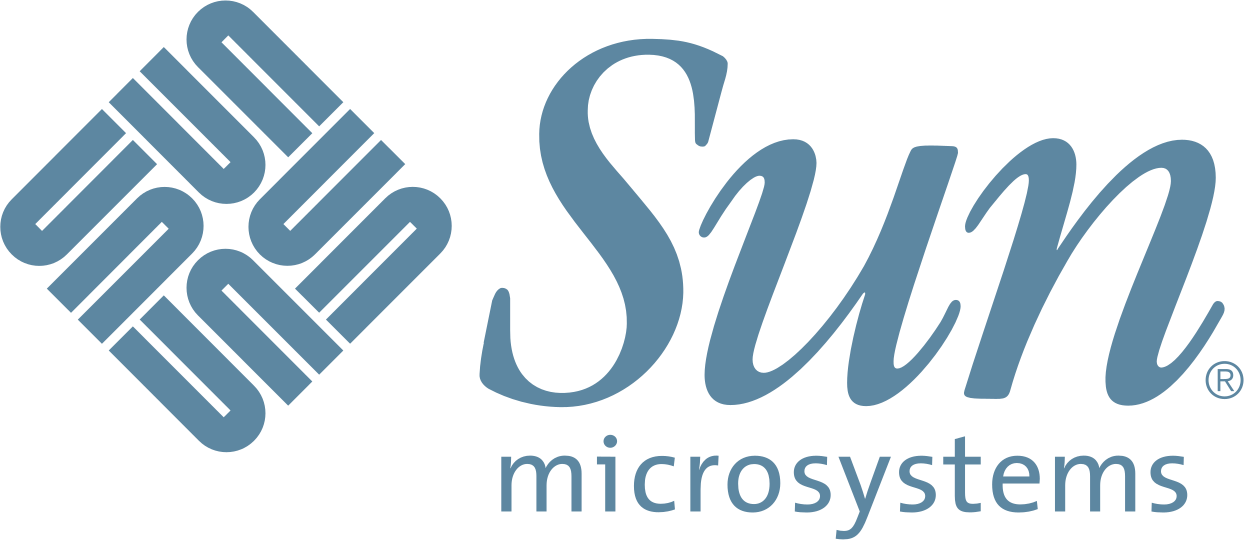As physical beings we rely on our bodies to engage with the people and the world around us. Our bodies, as vessels in the physical universe, comprise the instruments and gauges we need to make sense of the world we inhabit. The fact that these systems are embedded within our own body — that we don’t outsource their function to other organisms — seems completely obvious and natural.
As we spend more time digitally engaged, it is useful to think of our digital existence as a kind of universe; separate, but similar to the physical. We should each have a self-contained “digital vessel”, or body, with “eyes” to see, a “mouth” to communicate, “arms” to reach, “legs” to move and a brain to think, plan and reflect in the digital realm as we do in the physical. Every individual should have access to the utilities, rights, tools and skills needed to operate their own digital body, rather than piecing them together from separate services as we do today.
Individuals need to not only know what their digital body is and how to use it, but also what rights they have over it. But as long as core utilities are hidden behind paywalls, packaged as one-off, semi-useful applications, and our right to the data created therein insufficiently recognized and protected by law, we will fail to realize the promise of the bio-digital lifestyle.
While our perspective of human-technology interdependence is changing, our approach to consuming it as separate, packaged products is hindering the emergence of this socio-technological paradigm. The world is ripe for a universal standard; a platform of integrated modules core to the digital experience. These modules together will form the digital body and must be provided freely to everyone so our creatives can focus on building transformative digital experiences, not incremental improvements over the products and utilities of yesteryear.
To build on the aforementioned analogy, we are outsourcing our vital digital organs.


